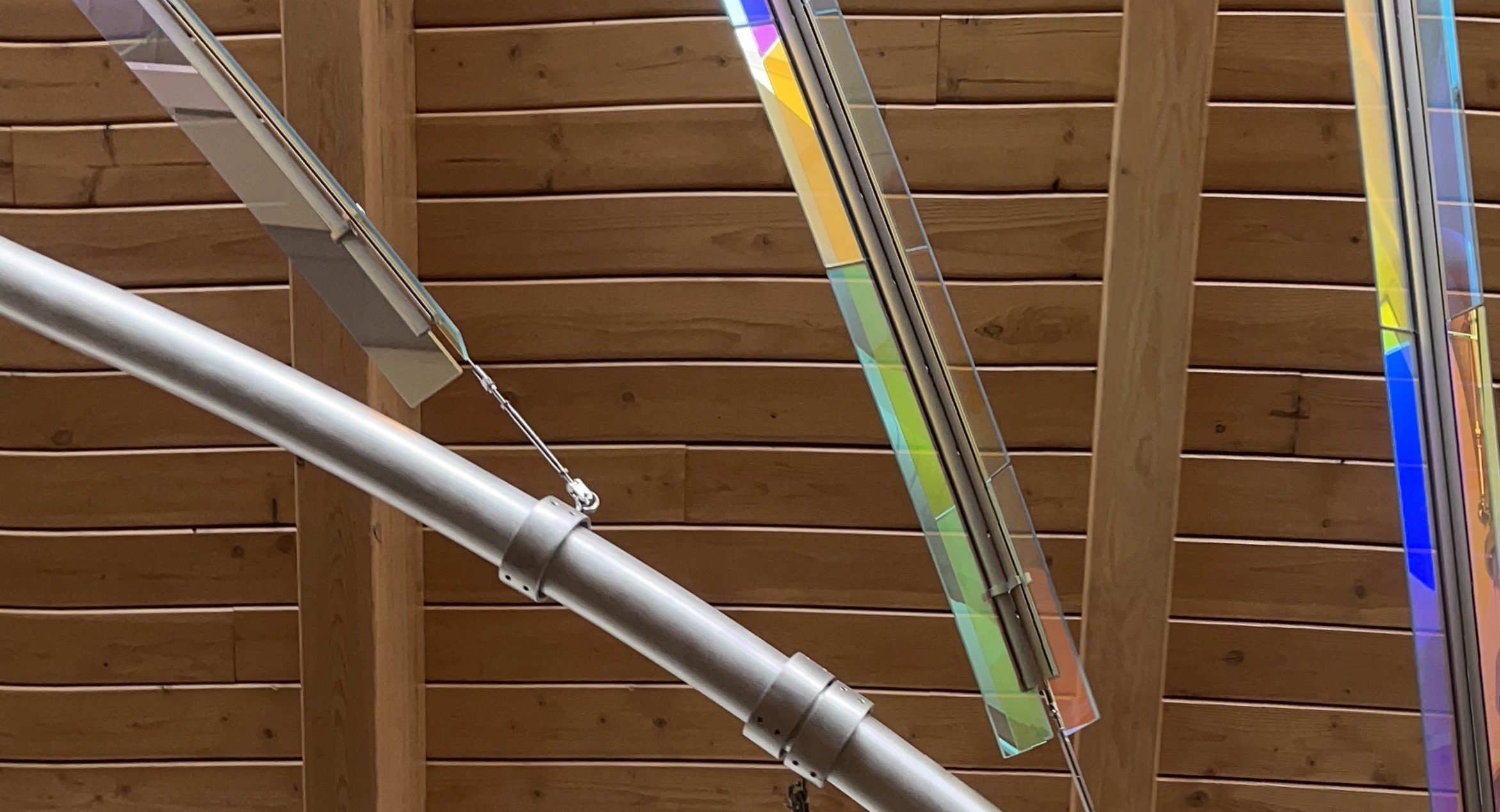
Potentiometric Probes produces cutting-edge voltage-sensitive dyes for academic and pharmaceutical researchers
Introducing our new chromene dye ElectroFluor730p: unlocking enhanced voltage-sensitive imaging capabilities using far red spectra. Find more about cardiac applications here.
What We Do
Potentiometric Probes is leading the way in developing innovative voltage-sensitive dyes (VSDs) that are designed to transform how researchers investigate electrical activity across a variety of biological systems. These fluorescent dyes allow scientists in academia and the pharmaceutical industry to visualize electrical dynamics in cells, tissues, and even entire organs using advanced microscopy.
Our VSDs enable the exploration of the brain and heart, in addition to opening the doors to novel applications. Whether advancing drug discovery, investigating cellular communication, or screening therapeutics, our VSDs offer the precision and versatility needed for breakthrough research.
Join us on this exciting journey to illuminate the intricate world of cellular activity!
Our Products:
Voltage-sensitive dyes such as Di-4-ANEPPS bind to cell membranes and translate voltage changes in cells to changes in fluorescence.
You can view all of our classic, fluorinated, and long-wavelength dyes on our store page.
ElectroFluors™
ElectroFluor530™ (Di-4-AN(F)EPPTEA) (PY3174)
ElectroFluor530s™ (Di-2-AN(F)EPPTEA) (PY3243)
ElectroFluor550™ (Di-4-AN(F)EP(F)PTEA) (PY3179)
ElectroFluor630™ (Di-4-ANEQ(F)PTEA) (PY3304)
ElectroFluor630p™ (Di-5-ANEQ(F)PTEA)
ElectroFluor640™ (Di-4-ANEQ(F)BS)
ElectroFluor730p™ (Di-6-ACEQ(F)PTEA)
Advantages of Ratiometric Voltage Imaging
In this video, spontaneously beating human stem cell-derived cardiomyocytes stained with ElectroFluor630™ (Di-4-ANEQ(F)PTEA) allows ratiometric optical recording of action potentials.
The ratio of two excitation wavelengths boosts signals and removes artifacts due to non-uniform staining, bleaching, and the motion of these beating (contracting) human heart cells in a dish.
Learn more on our Cardiac Research page.
VSD Primer PDF with Discount Code for Your Next Order!
Includes topics from ratiometric imaging to dye toxicity with hopefully something to help experts and newcomers alike get the most from their voltage imaging experiments.
Leslie Loew, Co-Founder






